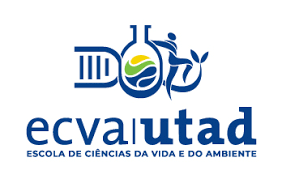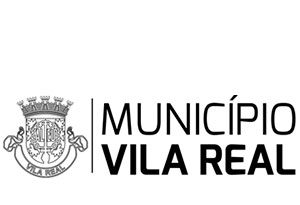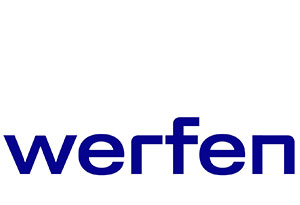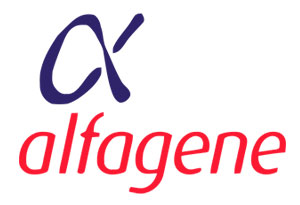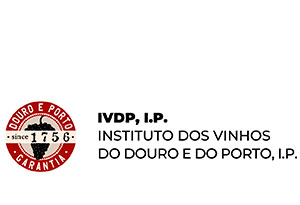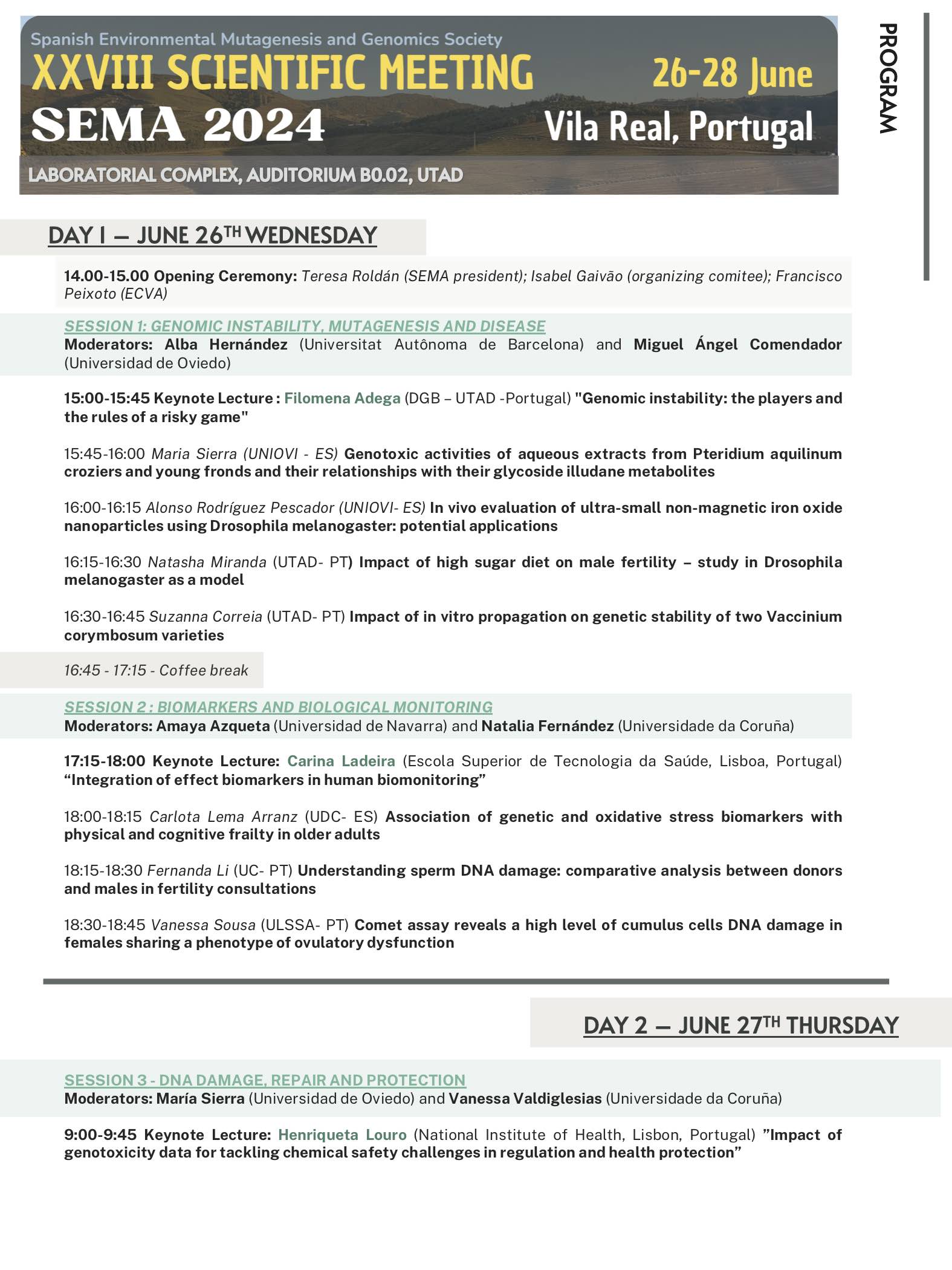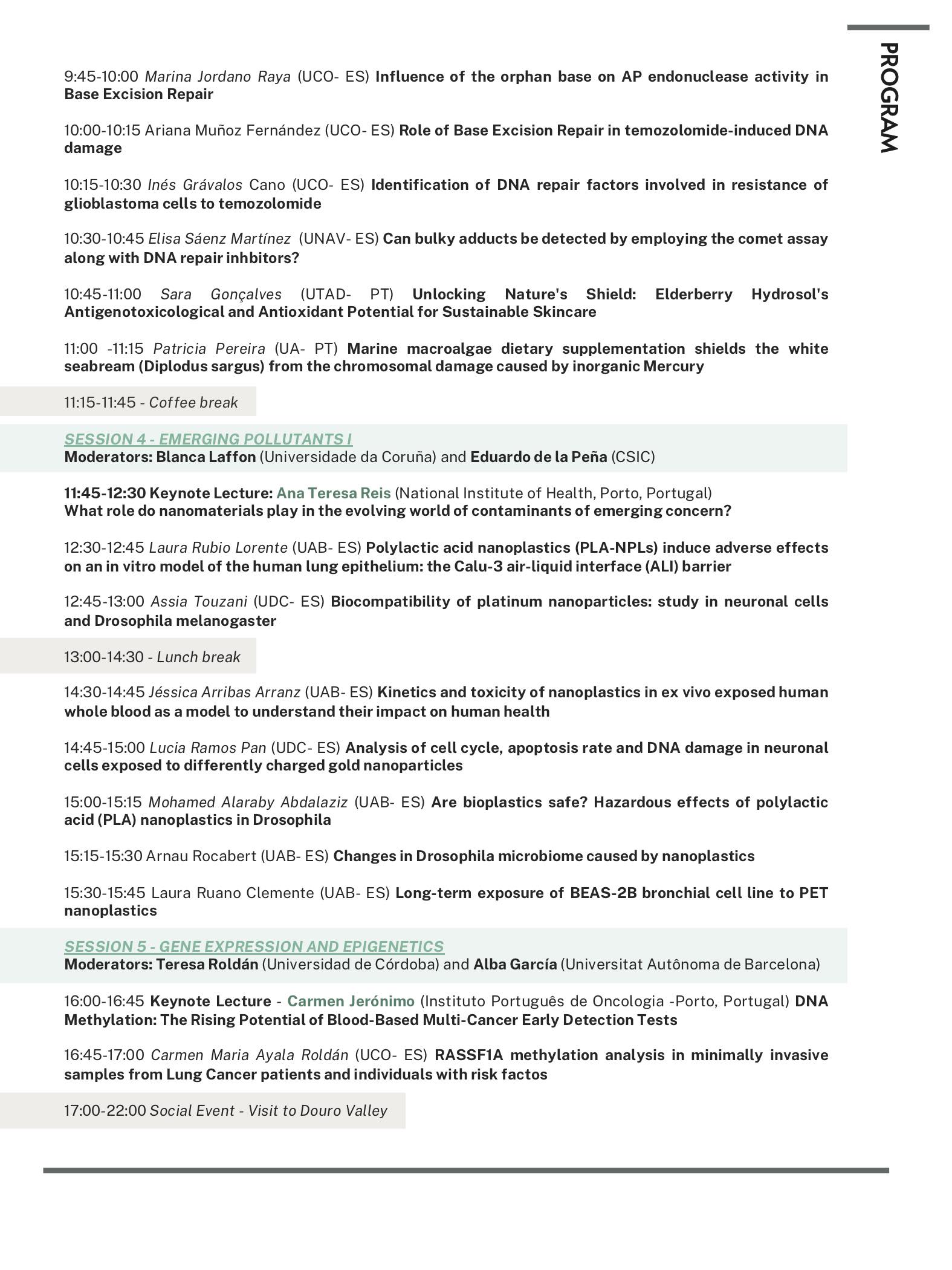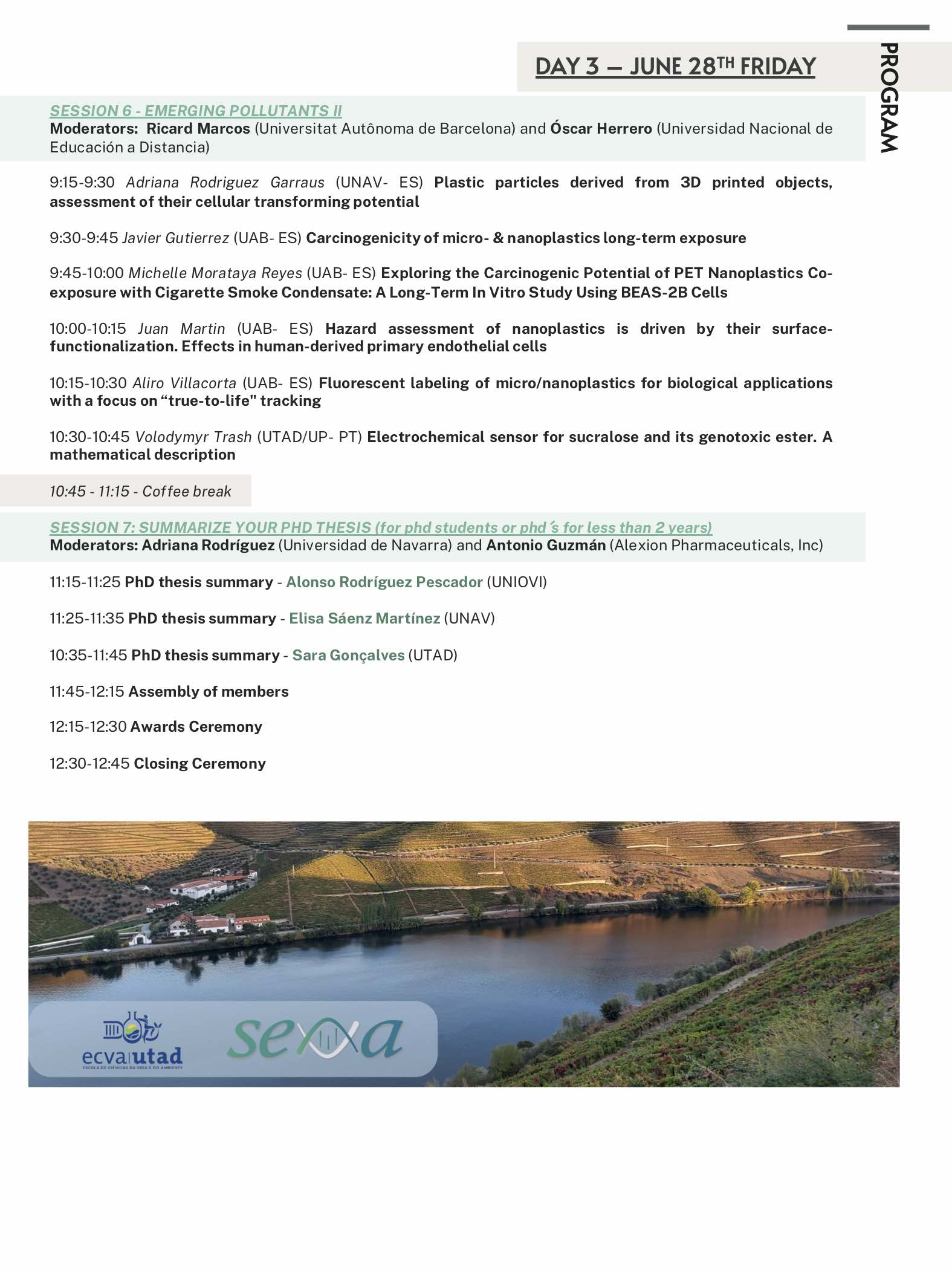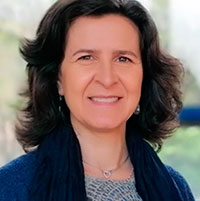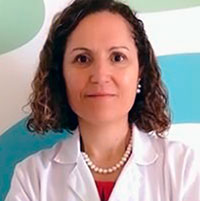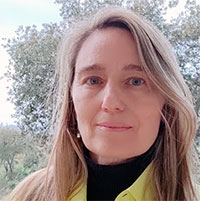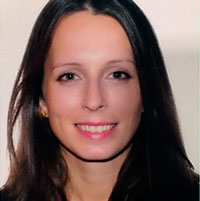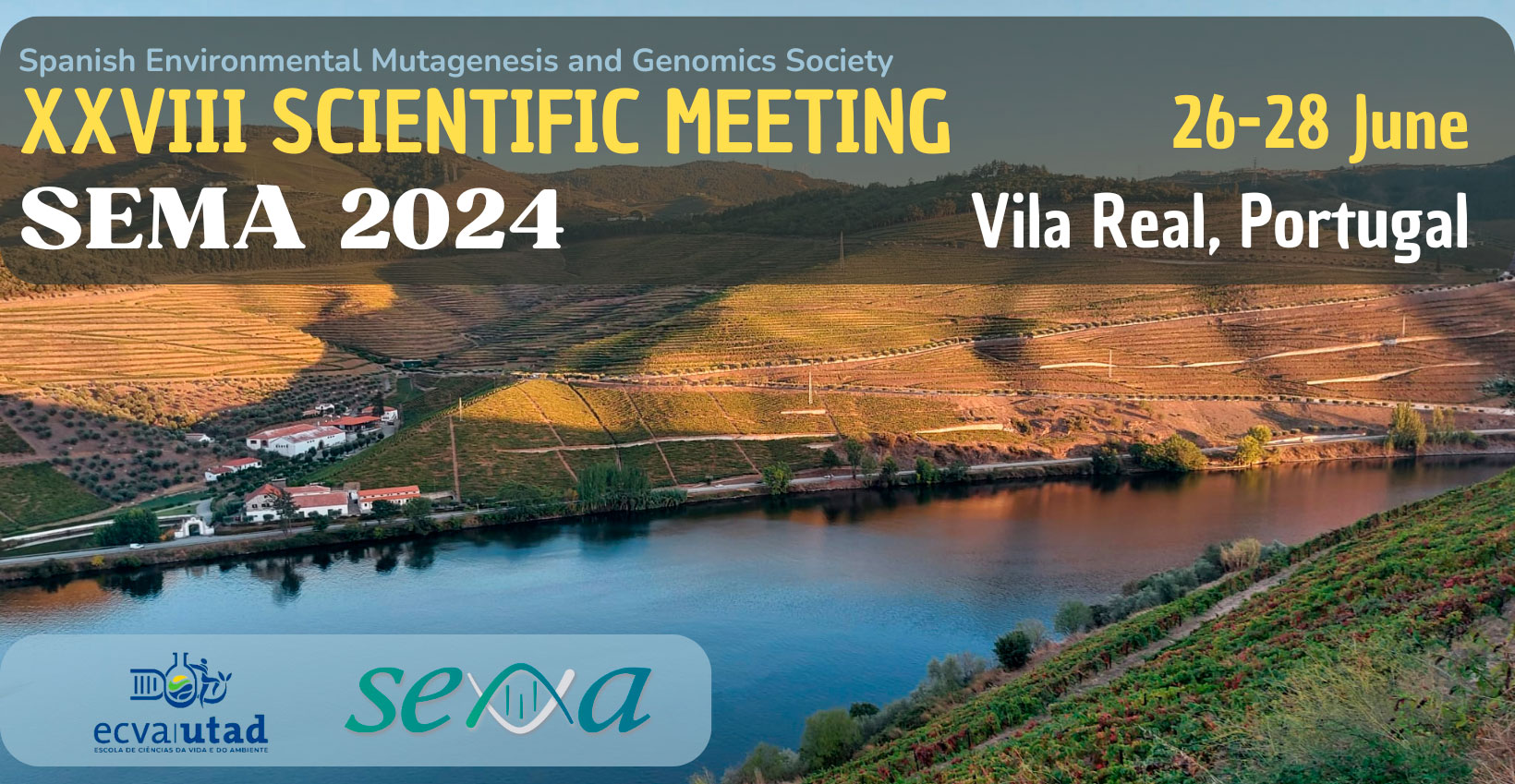
Dear Esteemed Members and Colleagues,
The Spanish Environmental Mutagenesis and Genomics Society (SEMA) extends a warm invitation to you to participate in the 28th Scientific Meeting, marking a historic occasion as it ventures beyond borders into the captivating landscapes of Portugal. This congress, entitled “Bridging Borders: Exploring Mutagenesis and Genomics in the Heart of Vila Real, Portugal”, will unfold in the picturesque city of Vila Real, Portugal, from June 26th to 28th, 2024.
Embarking on this inaugural journey to Portugal, we envision a platform that fosters scientific exchange and strengthens the bonds of collaboration between the scientific communities of Spain and Portugal. The proximity of the congress venue to the Spanish border provides a unique opportunity for direct and enriching interactions among scientists.
As we meticulously craft the scientific program, we aim to present a comprehensive and engaging itinerary that caters to the interests of both academia and industry. The program will showcase recent findings and advances in mutagenesis and environmental genomics, providing a holistic perspective on the latest developments in these dynamic disciplines.
With its historic charm and natural beauty, Vila Real sets the stage for a congress that promises to be intellectually stimulating and an unforgettable experience. This vibrant city invites you to explore its rich cultural heritage, picturesque landscapes, and the warmth of its people.
Join us in Vila Real for a congress that goes beyond scientific discussions, creates lasting memories, and inspires new ideas. Let us come together to celebrate the spirit of scientific inquiry and collaboration in this beautiful corner of the world.
We eagerly anticipate your presence and contribution to make the 28th SEMA Scientific Meeting a resounding success.
Warm regards,
SEMA Executive Committee
LOCAL ORGANIZING COMMITTEE
- Isabel Gaivão
Universidade de Trás-os-Montes e Alto Douro, Vila Real
Contact: igaivao@utad.pt | Tel. +351 910500469
Departamento de Genética e Biotecnologia
Blocos Laboratoriais, UTAD
5000-801 Vila Real
Portugal
- Fernanda Leal
Universidade de Trás-os-Montes e Alto Douro, Vila Real - Sara Gonçalves
Universidade de Trás-os-Montes e Alto Douro, Vila Real - Raquel Chaves
Universidade de Trás-os-Montes e Alto Douro, Vila Real
- Amaya Azqueta Oscoz
Universidad de Navarra, Pamplona - Antonio Guzmán Cano
Alexion Pharmaceuticals, Barcelona - Alba Hernández Bonilla
Universitat Autònoma de Barcelona - Isabel Gaivão
Universidade de Trás-os-Montes e Alto Douro, Vila Real - Óscar Herrero Felipe
Universidad Nacional de Educación a Distancia, Madrid - Blanca Laffon Lage
Universidade da Coruña - María Teresa Roldán-Arjona
Universidad de Córdoba - Luisa María Sierra Zapico
Universidad de Oviedo - Raquel Chaves
Universidade de Trás-os-Montes e Alto Douro, Vila Real
- Amaya Azqueta Oscoz
Universidad de Navarra, Pamplona - Antonio Guzmán Cano
Alexion Pharmaceuticals, Barcelona - Alba Hernández Bonilla
Universitat Autònoma de Barcelona - Isabel Gaivão
Universidade de Trás-os-Montes e Alto Douro, Vila Real - Óscar Herrero Felipe
Universidad Nacional de Educación a Distancia, Madrid - Blanca Laffon Lage
Universidade da Coruña - María Teresa Roldán-Arjona
Universidad de Córdoba - Luisa María Sierra Zapico
Universidad de Oviedo
VENUE
Complexo Laboratorial
Edifício é Ciências Veterinárias
Vila Real, Portugal
PROGRAMME
INVITED SPEAKERS
Filomena Adega
University of Trás-os-Montes and Alto Douro (Portugal)
More info ...
Filomena Adega is Assistant Professor in the Department of Genetics at the University of Trás-os-Montes and Alto Douro, the Coordinator of the Service Provider Unit, Genetics4U, at UTAD and an integrated member of the Institute of Biosystems and Integrative Sciences, BioISI-Polo UTAD. Has participated or is participating in scientific research projects in the areas of Comparative Genomics, Chromosome Architectures, Genome adaptation, evolution and disease impacted by the ‘Satellitome’ and the ‘Mobilome’, scientific areas in which she has been publishing since 2002. She actively collaborates with various research groups around the world in her areas of expertise. To date, has supervised or co-supervised eight PhD, 21 MSc and 39 undergraduate students, contributing to the increase of highly specialized human resources. She is responsible for the laser microdissection station, the in vitro animal cell culture and the confocal microscopy unit facilities of UTAD’s CytoGenomics Lab.
Carmen Jerónimo
Instituto Português de Oncologia (Portugal)
More info ...
Carmen Jerónimo, is Director of the IPO Research Center (since 2021), Scientific Coordinator of the Porto IPO Biobank (since 2016) and Coordinator of the Epigenetics and Cancer Biology Group (since 2008).
She obtained a Degree in Biology (1994), Master’s in Oncology (1998), PhD in Biomedical Sciences (2001) and Aggregation in Pathology and Molecular Genetics (2011) at Porto University.
She developed his doctoral project within the scope of the GABBA Doctoral Program at the Johns Hopkins University School of Medicine (JHU), in Baltimore, MD, USA, working on genetic and epigenetic alterations in prostate cancer. She was a post-doctoral fellow in collaboration with JHU (2001-2004) and a guest researcher at IPO Porto (2004-2008).
Her research at the IPO Porto Research Center focuses on characterizing the epigenome of tumor cells, as well as identifying the functional changes involved in the dysregulation of cellular epigenetic homeostasis. In the context of Personalized Medicine, she works on the development of new epigenetic cancer biomarkers based on liquid biopsies, as well as drug discovery based on the modulation of epigenetic aberrations. Due to the relevance that Immuno-oncology has demonstrated in recent years, it also investigates the modulation of the epigenetic expression of biomolecules involved in immune regulation, aiming to improve immunotherapeutic strategies by combining with epi-drugs. More recently, she has begun to address the contribution of dysregulated non-coding RNAs and their interaction with other epigenetic mechanisms in malignant transformation.
She is currently the Clinical Epigenetics Section Editor and Associate Editor of the International Journal of Molecular Sciences and Epigenomes. She regularly acts as an ad hoc reviewer of several scientific journals and grants/research projects from national agencies (FCT Investigator Call 2013 and 2015) and international agencies (2003-Health Research Board- HRB-IR; 2006-Associazione Italiana per la Ricerca sul Cancro; 2015-FWF Austrian Science Fund;
She has authored or co-authored more than 250 international scientific publications, including 11 book chapters and 54 review articles (H-index 55; Web of Science 12/2023), including first quartile (Q1) journals, including: Clin Cancer Res , Cancers, Cancer Letters, Cell Death Dis, Br J Cancer, Eur J Cancer, J Cell Mol Med, J Hematol Oncol, JNCI, Mol Cancer, Mol Oncol, Nat Commun, Oncogene and PNAS.
Carina Ladeira
University of Lisbon (Portugal)
More info ...
PhD in Biology with specialization in Genetics and Master in Human Molecular Biology from the Faculty of Sciences of the University of Lisbon, degree in Biomedical Laboratorial Sciences. Adjunct Professor at School of Health Technology School of Lisbon – Polytechnic Institute of Lisbon. She is part of several international and national projects, author of 1 book, 8 book chapters, around 40 scientific articles in journals with an impact factor, 50 oral communications and 100 poster communications. Her research interests are in human biomonitoring, genetic toxicology, environmental and occupational exposure, among others subjects. She was a member of scientific and organizing committees for several national and international events, as well as moderating tables at scientific events.
Henriqueta Louro
University of Lisbon (Portugal)
More info ...
HL holds a Ph.D in Public Health – Environmental and Occupational Health (ENSP, Nova University of Lisbon, Portugal) and is graduated in Biochemistry (Faculty of Sciences, Lisbon University). She works as research scientist in the field of genetic toxicology, since 1997, involved in studies in human biomonitoring and nanotoxicology, with participation in European projects such as Nanogenotox, Nanoreg, HBM4EU, and the ongoing European Partnership for the Assessment of Risks from Chemicals (PARC). She is a member the cross-cutting Working Groups on Genotoxicity of the European Food Safety Authority (EFSA), Nanotechnologies and NAMs. As of 2023, is a genotoxicity expert for Scientific Committee for Consumer Safety (SCCS).
Ana Teresa Reis
Institute of Public Health, University of Porto (Portugal)
More info ...
Ana Teresa Reis is a researcher at the Nanomaterials: Safety and Health Lab, part of the Integrative and Translational Research in Population Health (ITR) Associated Laboratory / Instituto de Saúde Pública da Universidade do Porto. Her research focuses on understanding the biological effects of human exposure to mixtures of legacy and emerging environmental contaminants, using both in vitro and in vivo models, and in the development of novel approaches to predict the toxicity of these contaminants. In this area, she coordinates projects NanoLegaTox (POCI-01-0145-FEDER-029651) and MixIng-Tox (2022.03491.PTDC).
SPONSORS
